HSBC scandal causes irritation in parliament
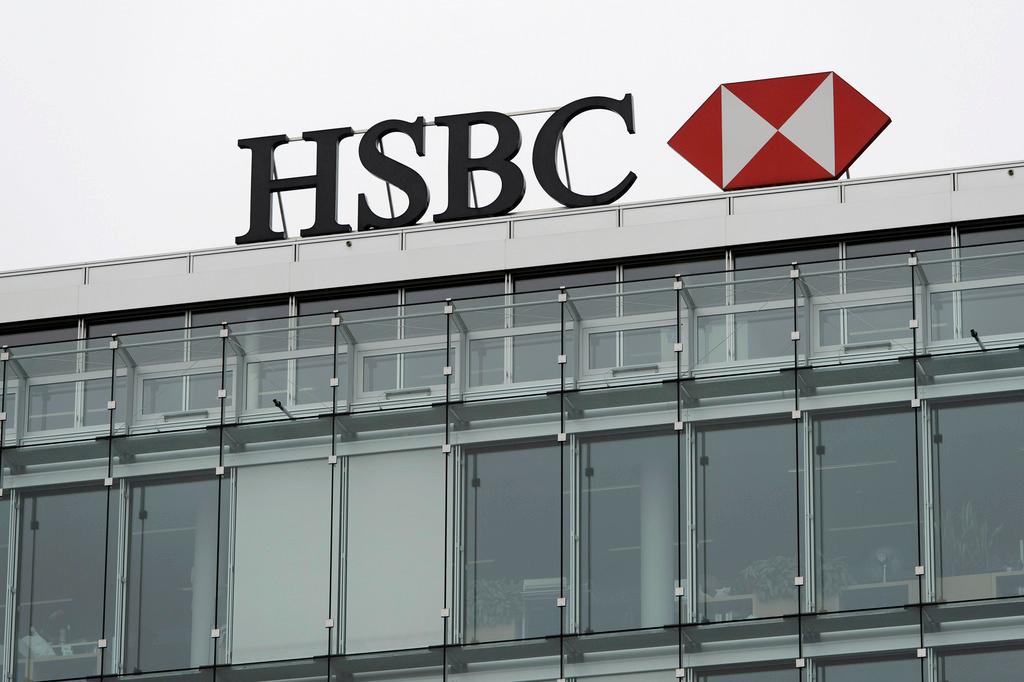
The so-called Swiss Leaks revelations have re-opened questions and criticism of regulators’ ability to supervise the banking sector. Politicians are demanding explanations from the cabinet.
The revelations concern the Swiss HSBC subsidiary. It allegedly helped some clients avoid paying taxes by hiding billions of dollars, according to HSBC files stolen by a former employee in 2007. French authorities obtained the files, which contain information on 100,000 bank customers, after raiding former IT specialist Hervé Falciani’s home.
“First of all I would like to know how long the Swiss Financial Market Supervisory Authority (FINMA) has known about the existence of this data, what supervisory measures it has taken concerning HSBC and are other banks involved?” asked Daniel Vischer from the left-wing Green Party.
The left-wing Social Democratic Party has also decided to submit questions to parliament about the scandal involving the Geneva branch of the British bank. The Geneva public prosecutor says it has initiated proceedings against the Swiss branch of HSBC for suspected money laundering.
The scandal dubbed “Swiss Leaks”, shorthand for the database that has now been used by a number of news organisations to break stories, shook several members of parliament, and not only on the left.
The trove of client data, in large part removed illegally from HSBC by Falciani, wound up in the hands of various countries, some of which opened inquests into the bank and clients suspected of breaking the law.
According to media reports, FINMA took possession of Falciani’s list at least five years ago.
An inquest was opened in 2010, but apparently it was limited to whether HSBC took enough precautions to prevent data theft so that it could guarantee clients’ privacy.
Reprimand
FINMA rejects these charges. “FINMA did not have the concrete data of the Falciani case – it was informed by HSBC only on the volume and type of data,” said spokesman Tobias Lux.
“Furthermore, in order to carry out its work, FINMA does not rely on stolen data.”
After the Falciani case, he said, the financial watchdog considerably reinforced its supervision of HSBC and its anti-money laundering activities.
He added that FINMA had carried out two investigations of HSBC and had ascertained that the bank had violated regulatory provisions. FINMA consequently ordered measures be taken, including a ban on new relationships with so-called politically exposed people (PEPs).
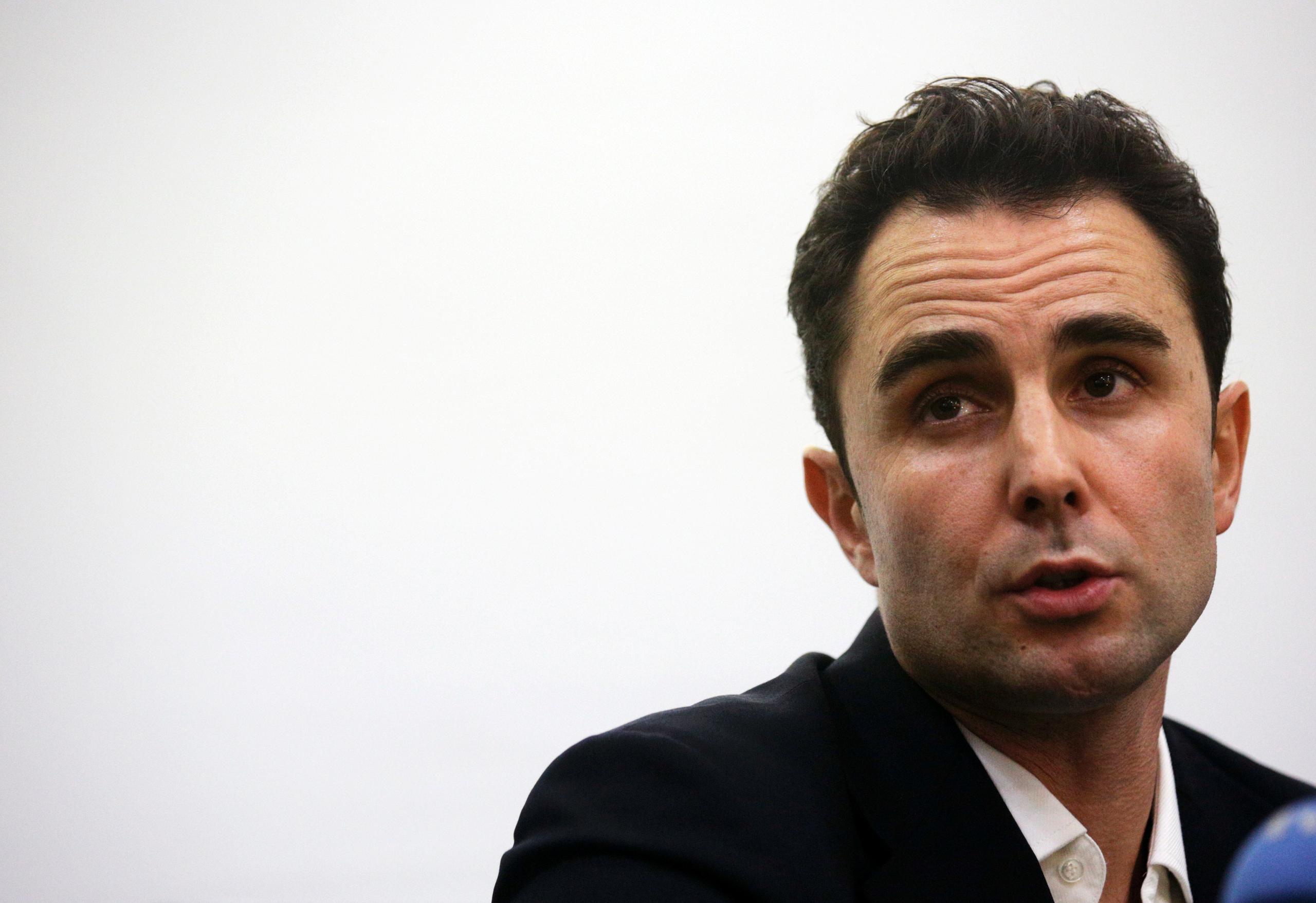
More
HSBC and Falciani: How it happened
Since then, he added, HSBC had fundamentally changed strategy and had reorganised itself and there was currently no evidence that the bank had violated money-laundering regulations.
Lux said FINMA ended its inquiry in 2011 and reprimanded the bank for “gaps in internal organisation and in the control of information”.
This is not enough for Vischer, given the Swiss Leaks revelations. “FINMA should now reveal what information it really possessed and whether it handed it over to the Federal Prosecutor’s Office. I don’t understand why no concrete action has been taken against HSBC.”
Embarrassment
Yves Nidegger from the conservative right Swiss People’s Party defends FINMA’s conduct.
“FINMA is always accused of doing either too much or too little. But you have to put things in perspective: until recently tax questions were not a criminal matter in Switzerland, except in the case of fraud,” he said.
“In recent years there has been extremely rapid progress: Switzerland has converted to the automatic exchange of information and to new FATF (Financial Action Task Force) standards on money laundering. But you certainly couldn’t demand FINMA to be psychic and foresee these changes.”
While Switzerland has adhered only recently to international tax evasion norms, it has boasted for a long time of having some of the most advanced anti-money laundering standards in the world.
The Swiss Leaks revelations have therefore triggered a certain amount of embarrassment in the Swiss parliament: HSBC’s clients are said to have included numerous rulers, members of their clans, drug barons and terror financiers.
Social Democrat Jean Christophe Schwaab pointed out that parliament adopted a new revision of the anti-money laundering norms only at the end of last year.
Yves Nidegger said that if HSBC were found to have withheld information, it should be punished. But he denied the law needed to be revised. “Just because someone kills their mother-in-law doesn’t mean the law should be changed,” he said.
Isolated case?
The Swiss Bankers Association says it also believes the HSBC revelations involve an isolated case. Daniel Vischer questions this.
“Every time something comes to light, the banking world claims it’s an exception. That also happened when UBS was put under investigation in the United States for helping thousands of clients evade taxes,” he said.
“Then a dozen Swiss banks ended up in the cross hairs of the US Department of Justice and there are still many others which risk fines in the United States. In reality, it has been known for a while that the financial centre in Geneva has served as a platform for tax evasion and money laundering.”
For Nidegger, the continual attacks by other countries on Switzerland’s financial centres come down to greed, “and this hunger will not be satisfied as long as there is loads of money in Swiss banks”.
Adapted from Italian by Thomas Stephens

In compliance with the JTI standards
More: SWI swissinfo.ch certified by the Journalism Trust Initiative

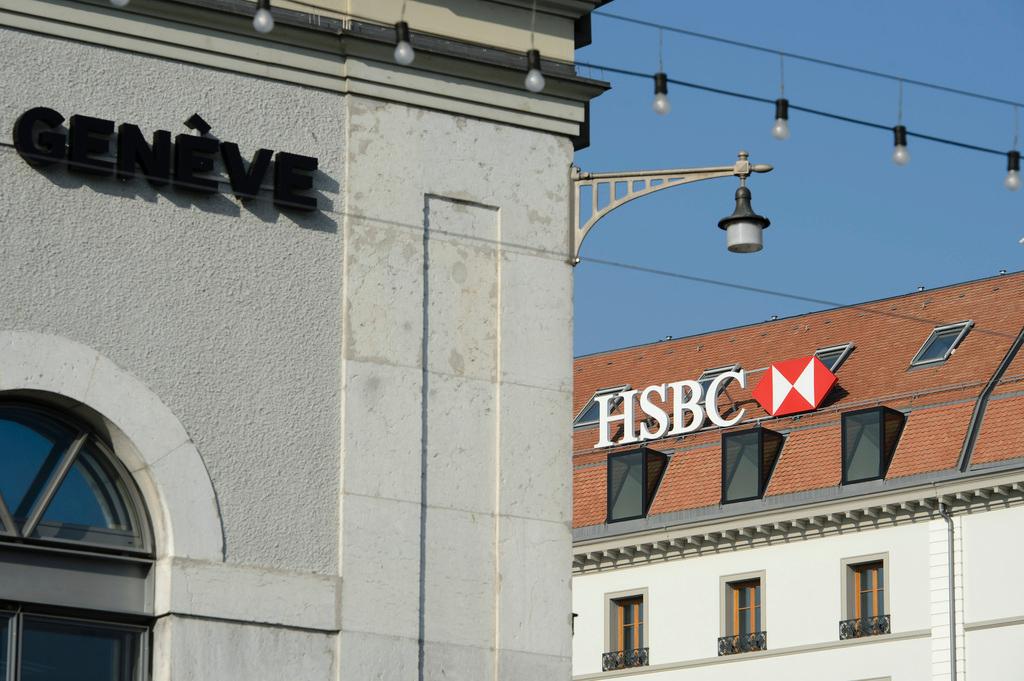
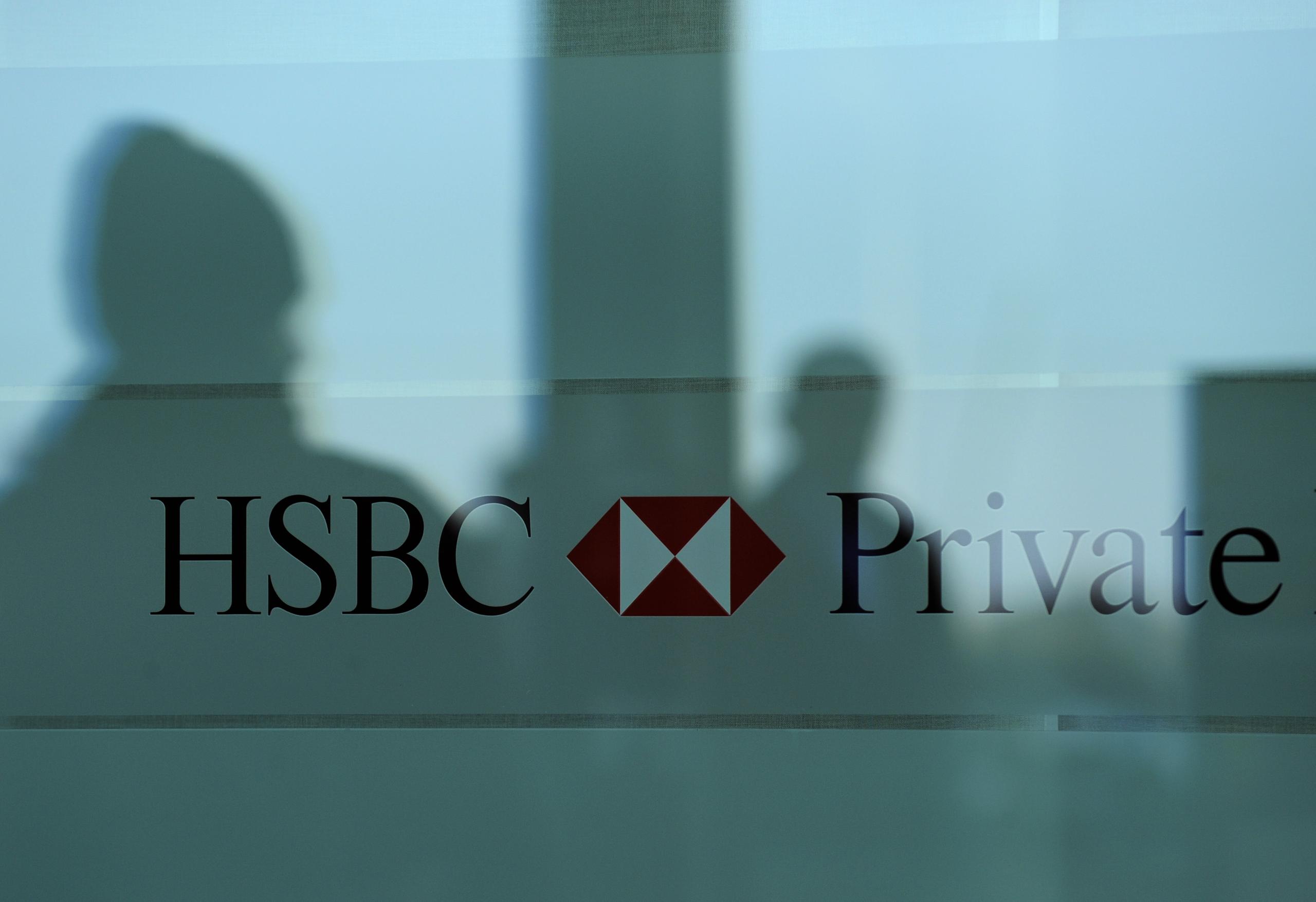
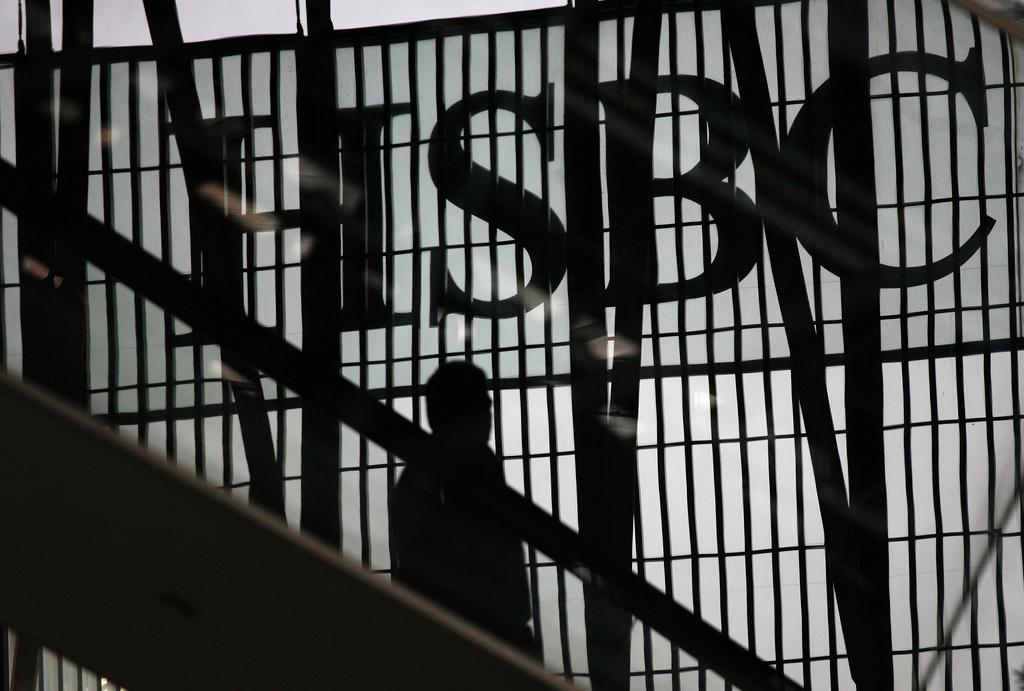
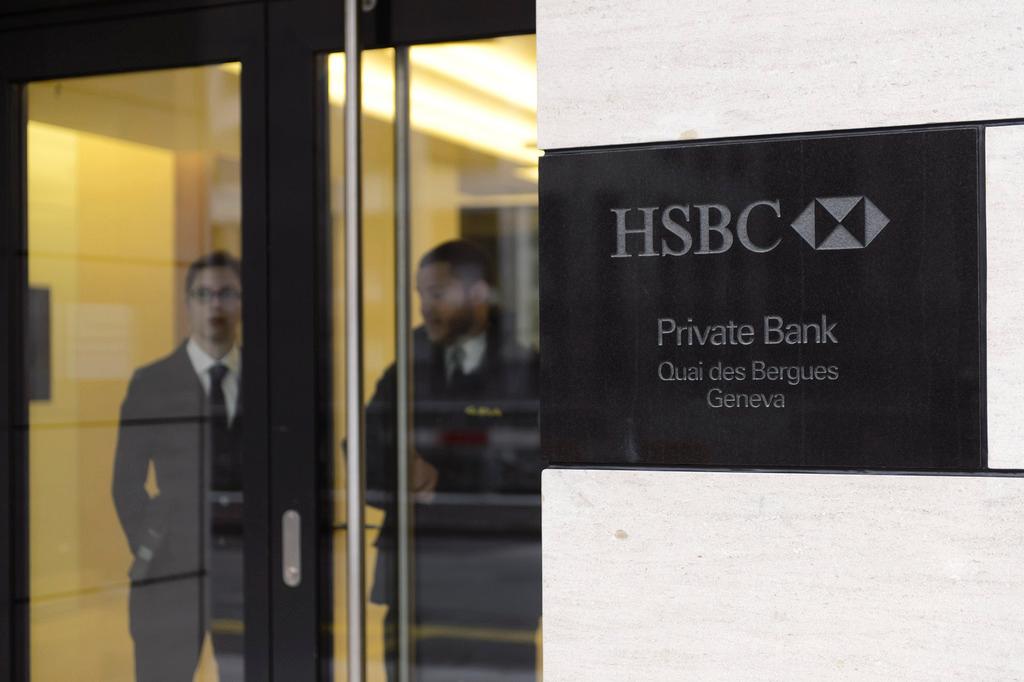
You can find an overview of ongoing debates with our journalists here. Please join us!
If you want to start a conversation about a topic raised in this article or want to report factual errors, email us at english@swissinfo.ch.